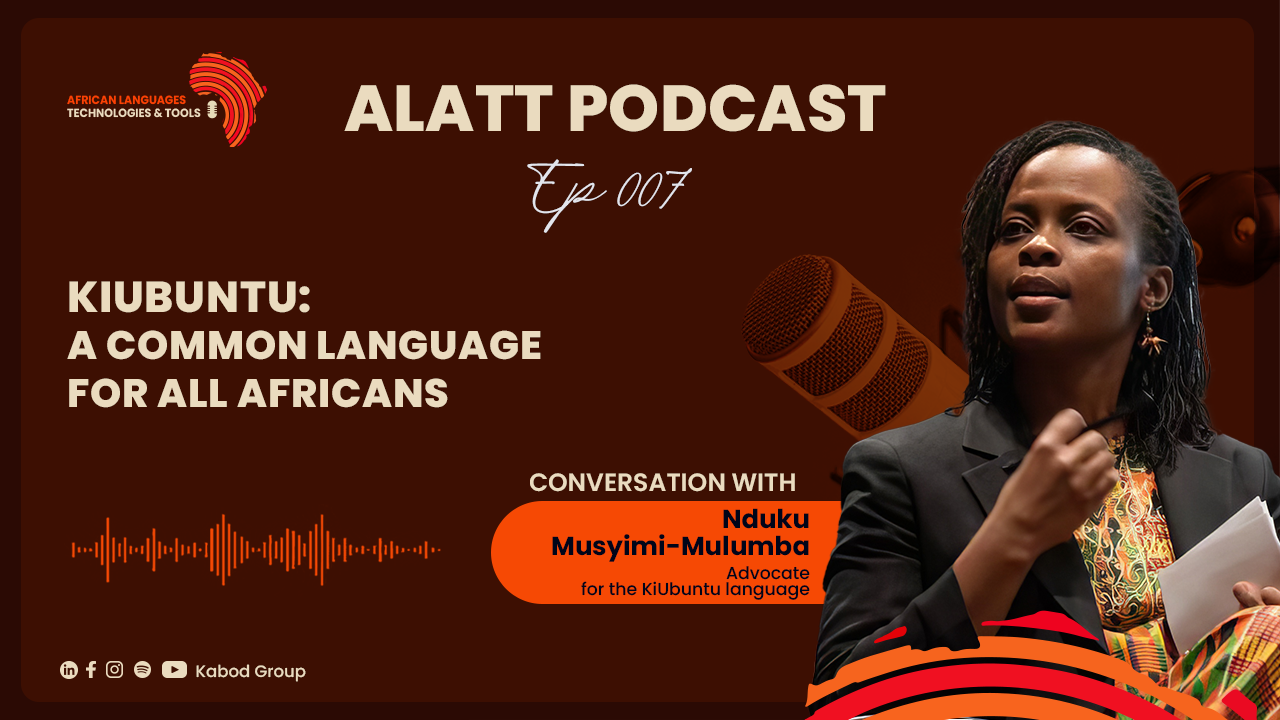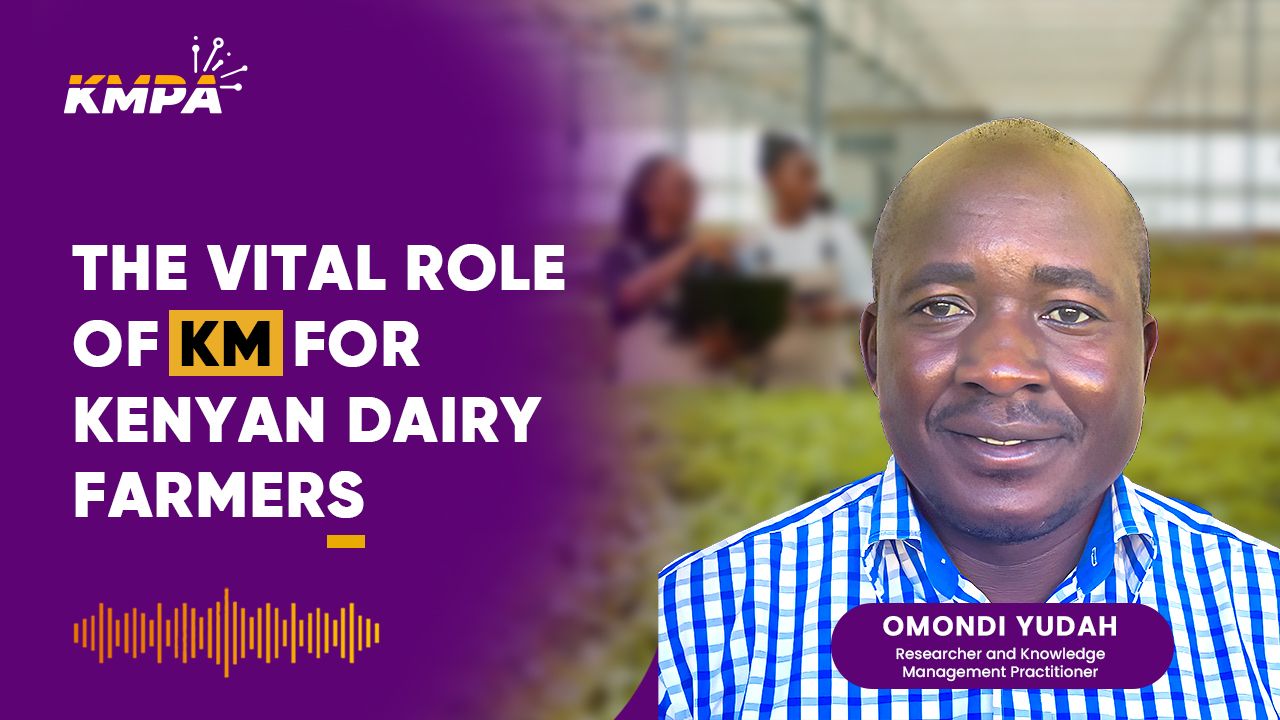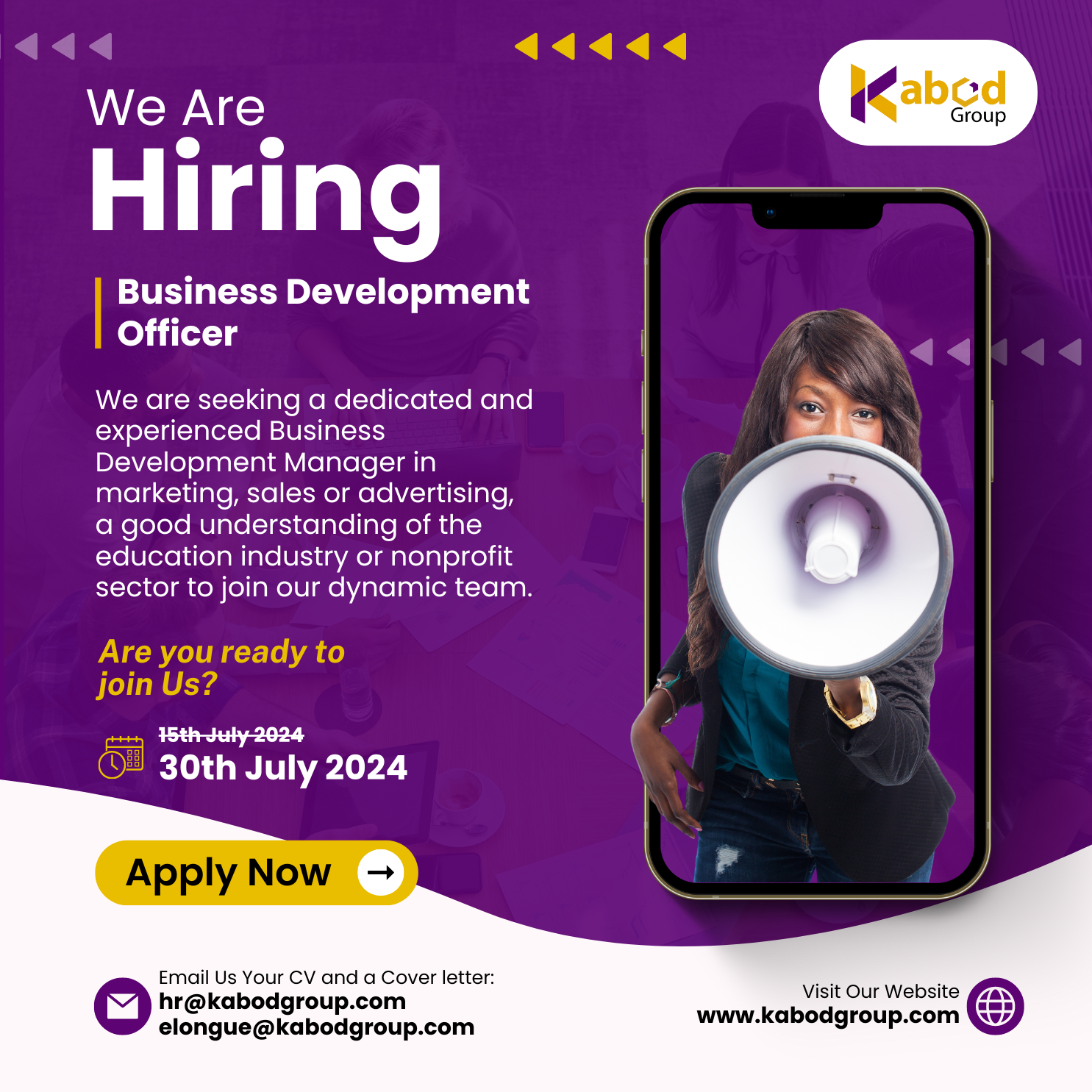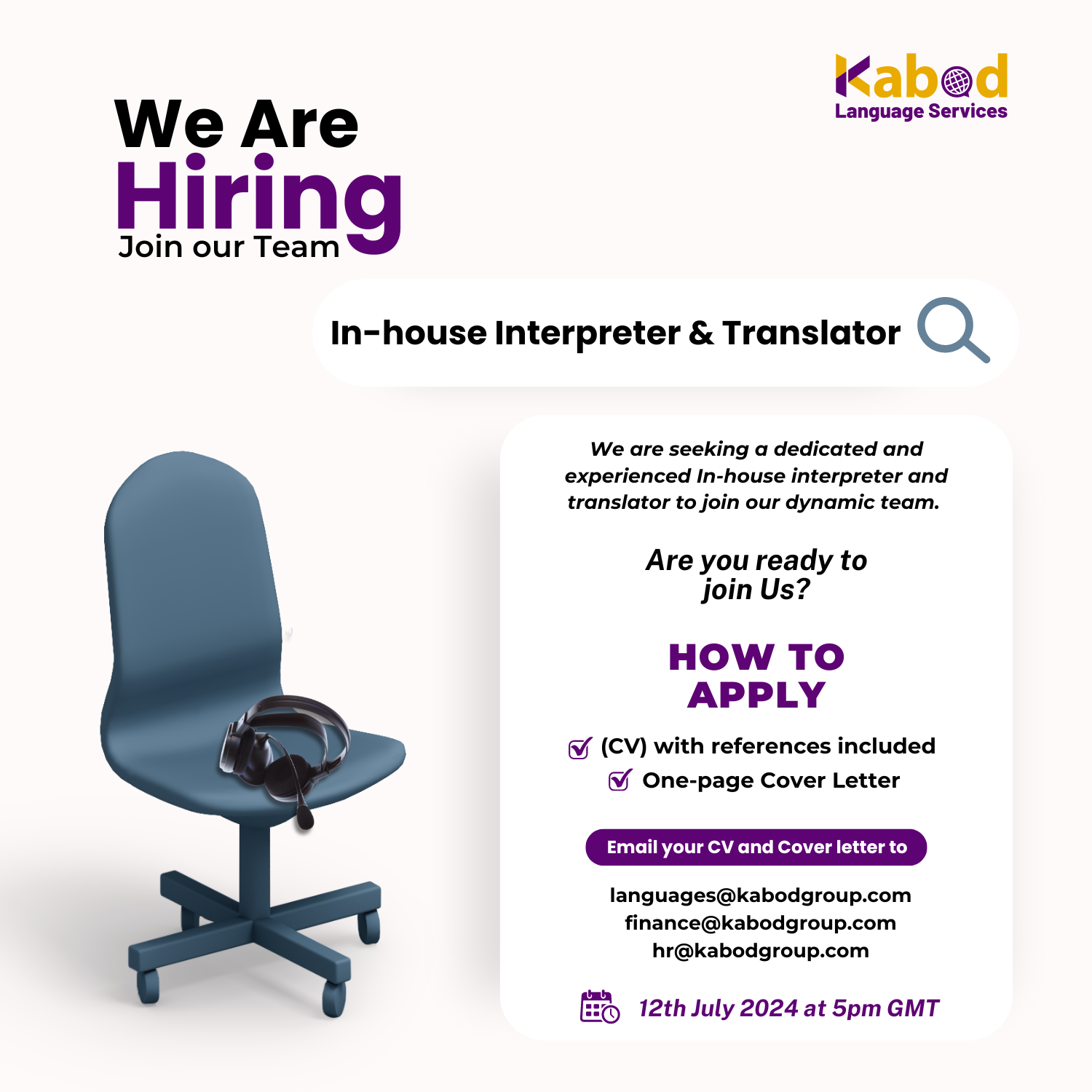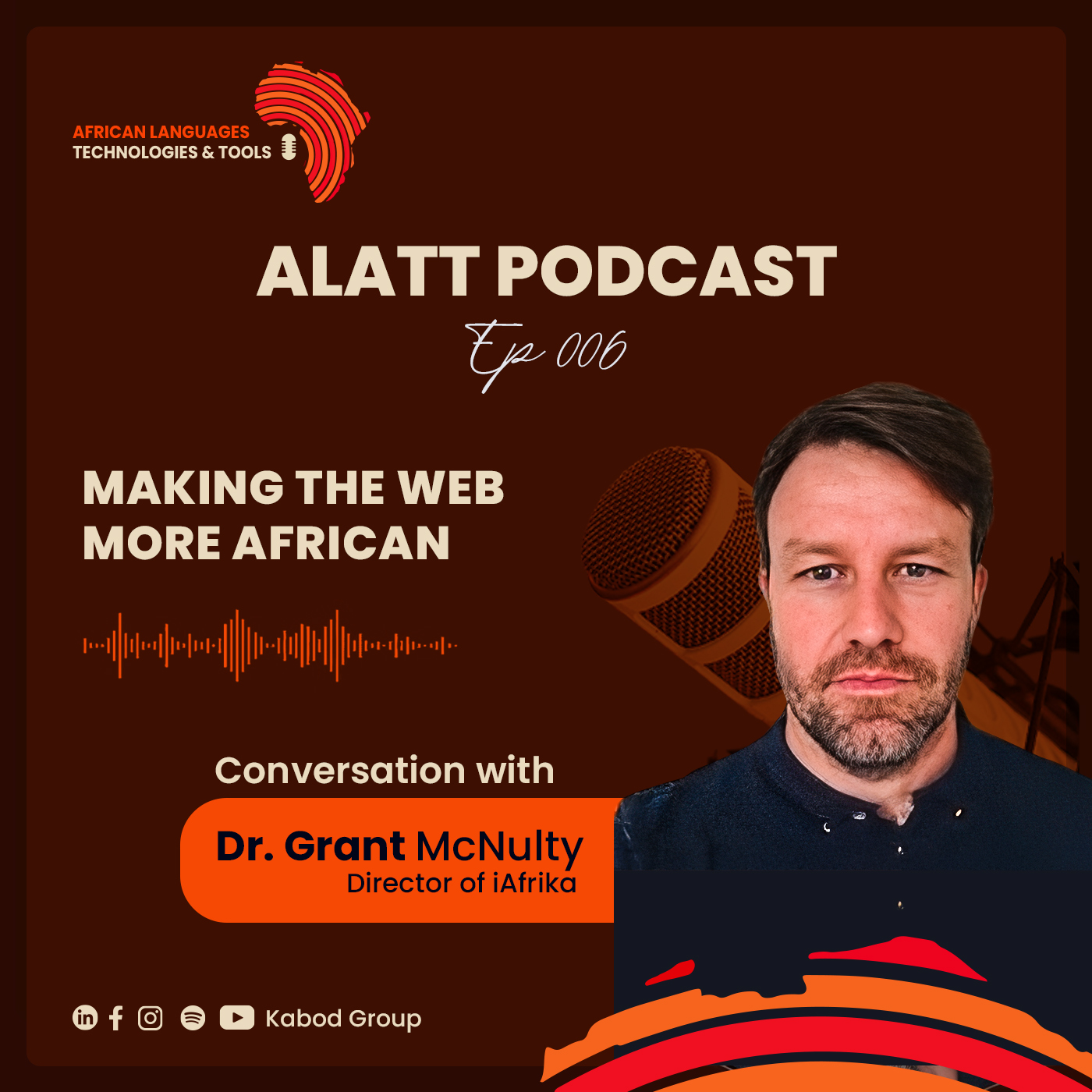
Knowledge Management is a bit like Travel Insurance – You only wish you had it when it is too late. (O’Neill A)
Most people understand what Knowledge Management is and what its benefits are. Very few people, however, understand the liaison between Effective Knowledge Management Practices and High Performance. This relationship can be compared to that which exists between the car and its steering wheel. The car will only go towards the direction indicated by the steering. Performance is highly dependent on the KM practices of an organization.
The desire to understand how to effectively use Knowledge Management is rapidly increasing as many more professionals are beginning to understand its importance. This encouraged the Grow, Learn Connect (GLC) team, in partnership with the International Finance Corporation (IFC) and Christian Elongue Consulting (CEC) to organize a webinar to this effect. The webinar aimed to empower training professionals, consultants, and executives with practical tools to enhance personal and corporate knowledge management praxis.
The webinar, which took place on 20th January 2022 brought together 34 participants from different countries who enthusiastically shared their ideas and perspectives on their Knowledge Management experiences, in both Personal and Enterprise Knowledge Management.
During his presentation, the key speaker, Christian Elongué engaged participants in discussions concerning the various challenges they faced in terms of Knowledge Management, both at personal and organizational levels.

Using the “DIKW” pyramid, the speaker explained the difference between data, information, knowledge, and wisdom.
He elaborated on the components of KM, sighting people as the largest component, making up to 70%, while strategy, content, and process made up the other 30%. Participants listed time, the right tools, relevant content, and reliable sources as their main KM challenges. In a bid to address these issues, the speaker encouraged participants to take up time Management courses and cultivate the habits of discipline and goal setting.
Participants were taught the 4 levels of personal KM, why they were necessary and how to move from one step to the other.

In terms of individual barriers to KM Initiatives, results from the polls carried out indicated that 26% of participants considered missing corporate culture as the major barrier. 23% stated that their major challenges resulted from the inexistence of a KM strategy while 20% indicated issues relating to bureaucracy and hierarchy as their main barriers.
Based on these results, there is a clear indication that both individuals and organizations must first develop and maintain a strong KM culture. KM must become an embedded culture in the daily operations of the organization or individual. Once this culture has been cultivated, developing a KM strategy becomes easier because, at this point, it has become both a personal and general objective of every member of the organization. People like it when they are involved in driving change. Employees like it when their opinions are considered.
As concerns Enterprise KM, the speaker drilled participants on some KM tools, techniques, and practices that could be implemented to improve on their practices and increase their KM base. Some of these practices include the community of practice, regular documentation and sharing of success stories, and creating a conducive environment for knowledge sharing.

Just like with personal KM, the barriers to Enterprise KM are numerous and include lack of company resources for knowledge sharing, missing corporate culture, lack of transparency, and lack of formal and informal office space to share knowledge. Despite these challenges, it is worth noting that KM is also very beneficial, both to individuals and organizations as a whole. Participants sighted the different benefits of KM. 30% indicated increased employee performance and 30 % stated improved decision-making as the major benefits of KM.
In his concluding remarks, the speaker encouraged participants to engage more in becoming producers of knowledge rather than just consumers. He advised participants to take action and begin by examining their current KM practices to identify their weaknesses and then develop a strategy to strengthen these practices.
Participants were elated and showed interest in wanting to improve on their current KM practices. Most of them proposed that another session be scheduled where they would be educated on the steps towards developing a KM strategy. There is nothing as satisfying as being able to assist people in becoming better. The reason why the speaker in collaboration with the GLC team, agreed to host another webinar to address the issue on the steps in setting up a KM strategy for Small and Medium sized Enterprises.
Find below the slide share for the presentation.


